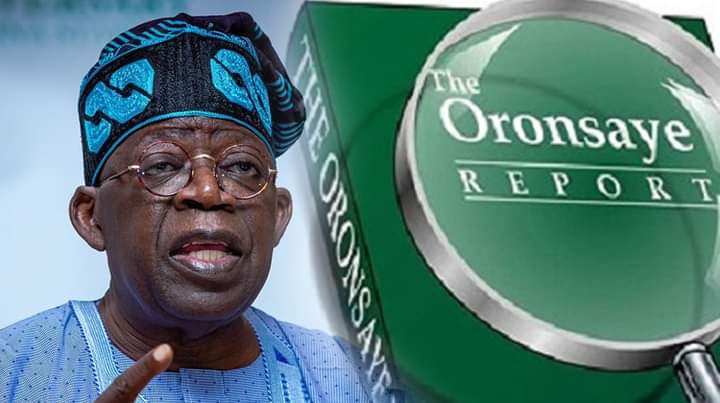President Bola Tinubu has finally greenlit the full execution of the Oronsaye report, responding to years of Nigerian demands. This move entails the merger, scrapping, and relocation of numerous government agencies, as confirmed by Mohammed Idris, the Minister of Information and National Orientation, following the Federal Executive Council meeting at Aso Rock Villa, Abuja.
Key points from the report:
1. Initiated in 2012 by President Goodluck Jonathan’s administration, the Presidential Committee on the Rationalisation and Restructuring of Federal Government Parastatals, Commissions, and Agencies, chaired by retired civil servant Stephen Oronsaye, recommended the scrapping and merging of 220 out of 541 government agencies.
2. If executed, over 100 agency heads will lose their positions, aiming to address overlapping functions among government bodies.
3. The report suggests reducing statutory agencies from 263 to 161, abolishing 38 agencies, merging 52, and reverting 14 to departments within ministries.
4. Oronsaye estimated potential savings of over N862 billion between 2012 and 2015 if recommendations were implemented, with significant reductions from agencies proposed for abolition, mergers, and discontinuation of funding to professional bodies.
5. Agencies such as EFCC, ICPC, and FRSC might be affected, along with those overlapping in functions, like NCC, NBC, and NTA, FRCN, and VON.
Despite previous rejections and lack of implementation, recent efforts have been made by the Federal Government to reassess the report’s recommendations. Committees chaired by retired civil servants Goni Aji and Amal Pepple were inaugurated in 2021 to review the Oronsaye report and agencies created post-2014, respectively. Another committee, led by former Head of the Civil Service of the Federation, Ebele Okeke, was formed in 2022 to produce a white paper on the reports, emphasizing the need for engagement with the National Assembly to streamline the creation of new agencies and enact necessary legal amendments.
